The end of the Cold War has fundamentally changed the international scenario. The post-Cold War period has evoked conflicting and contradictory responses both from the scholars and the political elite which have raised a number of theoretical and ideological questions, including the validity of the concept of socialism. It is too early to pass any judgement on all these questions because the world is still passing through the new ferment. Nevertheless, in the current phase of the international situation, regional conflicts are attracting attention, while the problems facing the developing countries have receded into the background. In this book an attempt has been made by outstanding Indian scholars to analyse the genesis of these regional conflict. In this empirical study, the Indo-Pak conflict on Kashmir of course, has been a prime focal point. What is new is that it also examines other regional conflicts and brings out how these conflicts are the products of the Cold War period where regional conflicts, both religious and ethnic, were promoted and encouraged by outside powers. In a sense, these conflicts have distorted the nation-state building process in the developing countries, and the problem has been further compounded by the economic backwardness of these countries. World stability and economic development cannot be separated from one another, and regional conflicts have deeper roots that what appear on the surface. This is the main thesis of this study.
ABOUT THE AUTHOR M Rasgotra
M. Rasgotra (b. 1924), a Veteran diplomat who has served as India’s envoy to many countries, including France, Morocco, Nepal, Britain, etc. He has tried his hand at Hindi verse and criticism with considerable success. He contributes analytical articles to various academic journals, especially on foreign affairs. He retired as the Foreign Secretary, Government of India. At present he is the Chairman of the International Institute for Asia-Pacific Studies, New Delhi. After his retirement, he served as India’s High Commissioner to the United Kingdom. He has co-edited a large number of books including Southern Asia-Pacific Perceptions and Strategies, Southern Asia-Pacific – A Region in Turbulence; and Asia-Pacific Economic Potential and Prospects.
ABOUT THE AUTHOR V D Chopra
V.D. Chopra began his innings, as Head of Economics Department in D.A.V. College in Rawalpindi. He was a political activist and a freedom fighter. In 1939, he was sentenced to 18 months, imprisonment for pulling down the Union Jack. In 1941, he was detained in the notorious Lahore Fort. He was again arrested under Defence of India Rules in 1942-43. The allegation against him was that he was organizing subversive activities in the armed services. He presented academic papers in various international seminars such as in Japan, Australia, New Zealand and erstwhile Soviet Union. He worked for Link weekly and Patriot daily for three decades in various capacities and rose to become the chief editor. He covered Arab-Israel war from Cairo and Indo-Pak conflicts in 1965 and 1971. He has been awarded the Jawaharlal Nehru Peace Prize for his book India and the Socialist World in 1984. At present, he is Vice-President of the International Institute for Asia-Pacific Studies, New Delhi. He has authored and edited a large number of books during the last 20 years. The books relevant to the present volume include Agony of Punjab (1984), Studies in Indo-Pak Relations (1984), India’s Unity and Security Challenges (1984), South Asia in Transition: Conflicts and Tensions (1986), Religious Fundamentalism in Asia (1994), Genesis of Regional Conflicts (1995), Afghanistan and Asian Stability (1998), and Rise of Terrorism and Secessionism in Eurasia (2001).

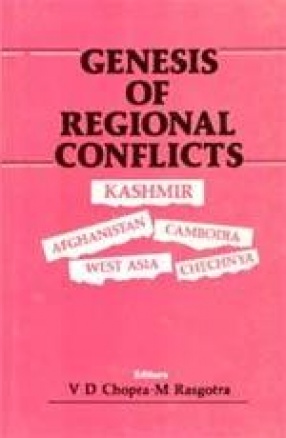
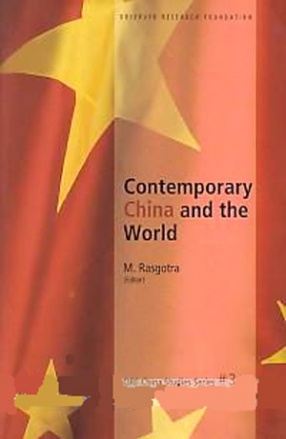
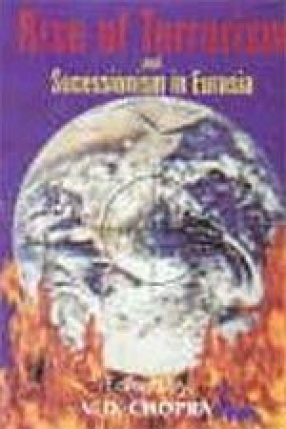
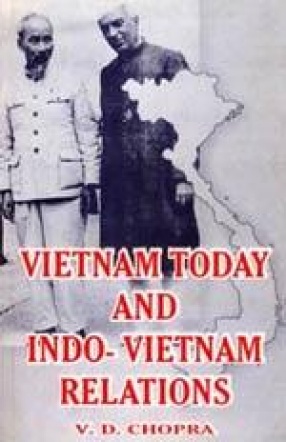
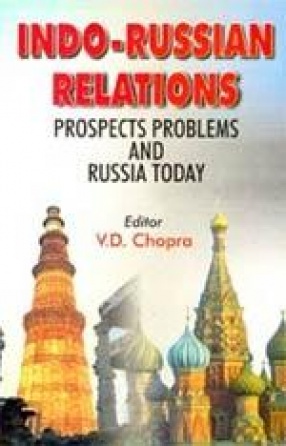
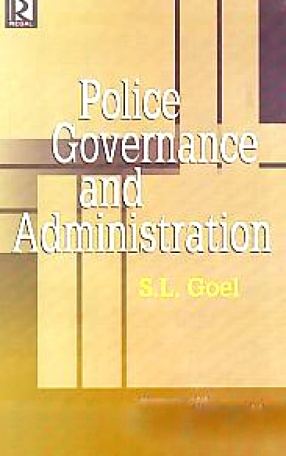
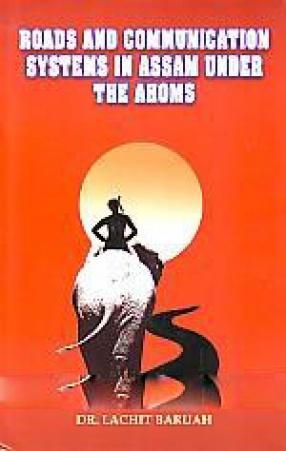
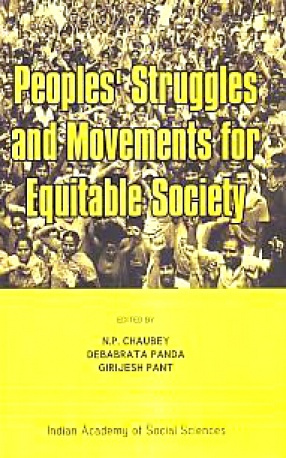
There are no reviews yet.